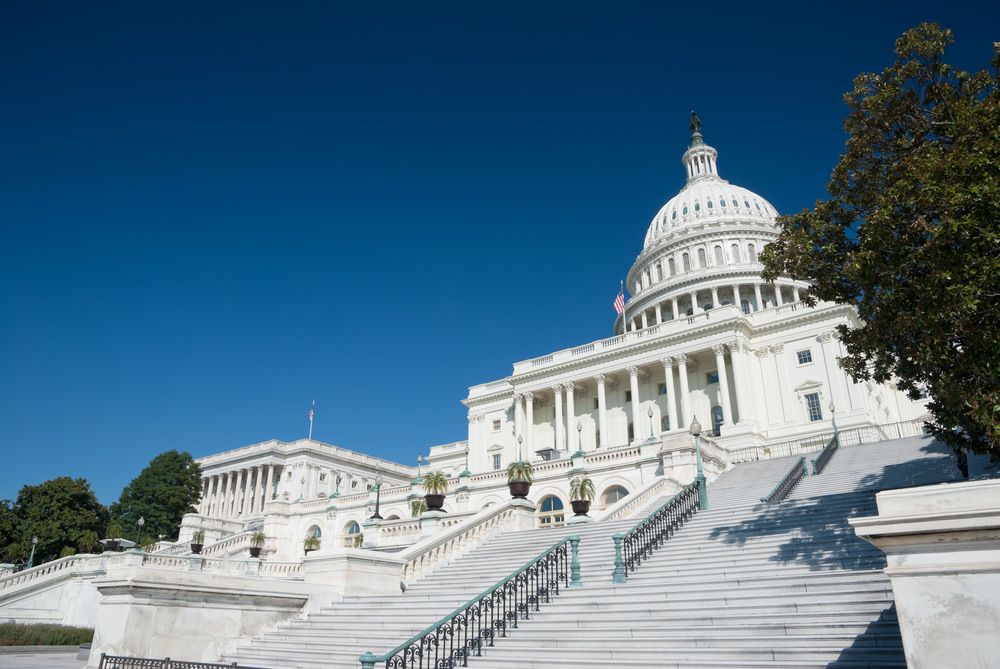For the past century, the U.S. has reigned as the economic superpower of the world. The key to this sustained economic might is a regulatory environment that encourages and enables technological innovation. From semiconductors to personal computers to internet 1.0 and 2.0, U.S. companies have led in developing cutting-edge technologies because our country empowers its builders and creators. Unfortunately, when it comes to Web3 – the next generation of the internet built on blockchain, digital assets, and cryptocurrencies – we are trailing and are at risk of falling further behind.
STORY CONTINUES BELOW
In 2023, the European Union passed comprehensive cryptocurrency regulation [americanbar.org], and numerous meaningful provisions went into effect this past summer. China’s central bank has been promoting its digital yuan [forbes.com], which threatens the U.S. dollar’s role as the global reserve currency. The U.S. is just watching, while our opponents move pieces on the chessboard.
It is absolutely essential to our country’s future that the U.S. enact clear and sensible cryptocurrency regulations that foster innovation and keep Web3 jobs within our borders, protect consumers, and maintain the dominance of the U.S. dollar.
We should start with stablecoins.
For newcomers, stablecoins are cryptocurrencies whose values are pegged to national currencies or high-quality financial assets. This gives them stability and enables them to play a crucial role in the digital economy, where they combine the transaction speed and low cost of digital assets with the price stability of traditional reserve currencies. The U.S. is already playing a major role in this space. According to one report, more than 95% of stablecoins are “linked to the U.S. dollar.”
The many use cases of stablecoins have earned them support from policymakers across the ideological spectrum. Conservatives value their low-cost, frictionless and instantaneous payment abilities, which can lower costs on merchants and consumers and spur startups and economic activity. Progressives appreciate their use in lowering the cost of remittances and reaching the underbanked and underserved, and their ability to increase access to basic financial services.
It must be acknowledged that, as with any new technology, stablecoins have challenges. Some stablecoins, backed by complex algorithms instead of stable reserve currency, have collapsed due to design flaws. Additionally, unlike bank deposits, stablecoins are not FDIC insured, creating risks should the issuer go bankrupt. While concerns have been raised about money laundering, stablecoins aren’t misused for this purpose any more than traditional cash. But for the public to have confidence in stablecoins, and for businesses to adopt them, we need clear regulations to provide consumer protection, to govern issuers and to guard against money laundering.
The bipartisan Guiding and Establishing National Innovation for U.S. Stablecoins (GENIUS) Act, which I introduced Feb. 4 alongside Senators Bill Hagerty, Cynthia Lummis, and Tim Scott,will address these challenges, and create a clear regulatory environment that enables the cryptocurrency environment to thrive.
It protects consumers by holding stablecoin issuers to strict reserve requirements, requiring them to maintain one-to-one reserves in cash and cash equivalents. The bill prohibits the issuing of unbacked, algorithmic stablecoins, the collapse of which have led to substantial losses. To address their use for illicit purposes, it requires approved stablecoin issuers to comply with U.S. anti-money laundering and sanctions rules. Finally, the bill clarifies rules around conservatorship and procedure should a stablecoin issuer experience insolvency.
While this bill will undoubtedly be tweaked as it moves through Congress, it has already received input from a wide swath of stakeholders, including industry participants, academic experts and federal regulators. It’s a true bipartisan effort that will empower innovators and builders while simultaneously rooting out bad actors.
Laying the groundwork for the next century of American exceptionalism is a mission that should unite us all, and positioning the United States at the leading edge of the next iteration of the internet is key to that goal. Stablecoins are already playing an important role, and it’s critical we act now to maintain our position as the leader in global economic competitiveness.

